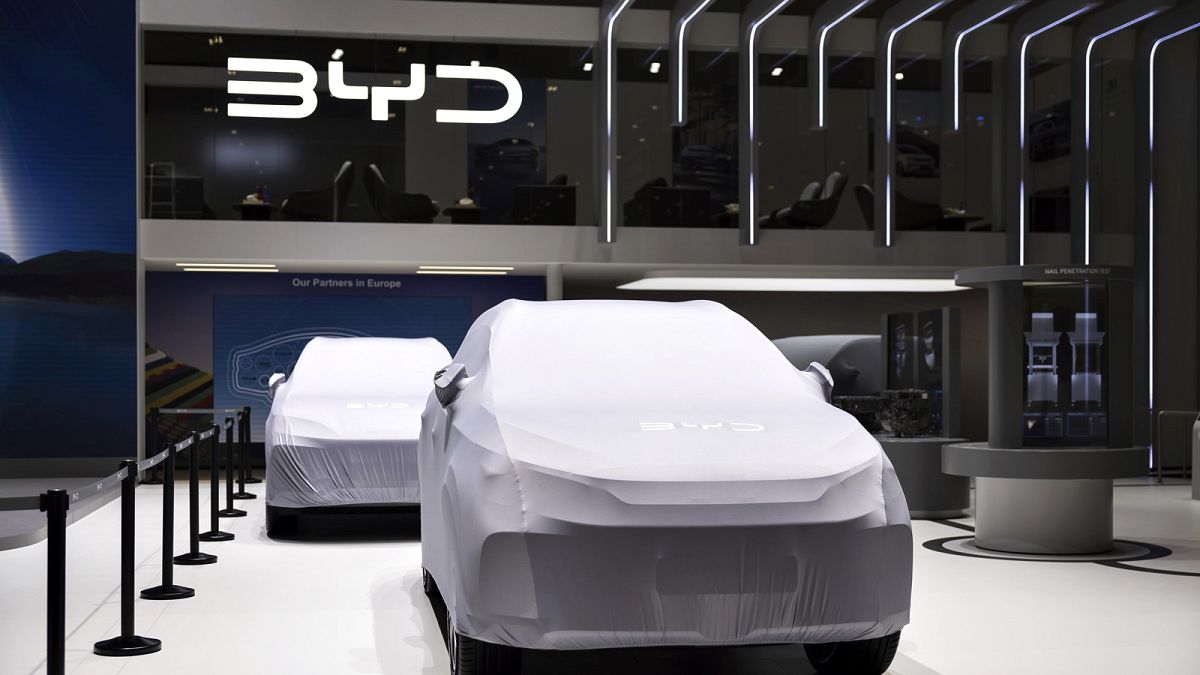The European Commission’s recent anti-subsidy inquiry into Chinese electric vehicles has sent shockwaves through the industry, with China-made battery electric vehicles (BEVs) facing import tariffs when entering the European Union market. The decision, based on extensive investigations, revealed the extent of state aid from China to support the entire supply chain of BEVs, from raw materials extraction to shipping to Europe.
The provisional decision, set to take effect on 5 July, will add tariffs ranging from 17.4% to 38.1% on Chinese BEVs, impacting both Chinese and Western brands operating in China. The move aims to restore a level playing field and prevent unfair competition caused by China’s substantial subsidies in the sector. The decision has already sparked backlash from Beijing, with warnings of potential retaliatory measures as tensions rise between the two economic powers.
The European Commission’s concern stems from the rapid growth of China-made BEVs in the EU market, which has seen a significant increase in sales volume and market share. The Commission’s investigation identified various forms of state aid in China, including grants, cheap loans, and tax rebates, which could pose a threat to the EU industry in the long run by distorting competition.
The decision has divided opinions within the EU, with member states weighing the potential impact of the tariffs on their own industries. Germany, a major car exporter with investments in China, is among the countries opposing additional tariffs, fearing a potential trade conflict. However, France and Italy are backing the initiative, highlighting the importance of fair trade practices and market conditions in the industry.
While the tariffs aim to bridge the price gap between Chinese and European BEVs, the effectiveness of the measures remains uncertain. Chinese firms have been selling their vehicles at a higher price in Europe, leaving room to absorb the tariffs internally without passing them on to consumers. However, imposing high tariffs could be necessary to deter Chinese exporters and protect the EU market from unfair practices.
The upcoming November vote among member states to make the provisional measures permanent will be crucial in deciding the future of the tariffs. Industry pressure, internal divisions, and geopolitical considerations will play a significant role in shaping the outcome of the vote. As tensions escalate between the EU and China, the decision on BEV tariffs will have far-reaching implications for the electric vehicle market and trade relations between the two economic giants.











